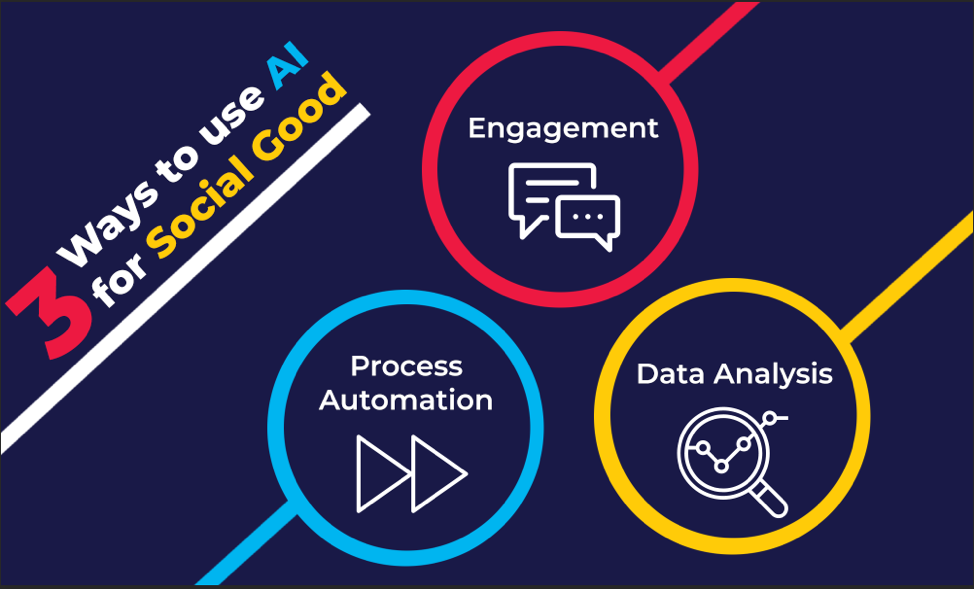All it takes is someone to say ‘Alexa’, to wake up a machine capable of controlling several smart devices, providing real-time information on sports, traffic, and the weather, and ordering your favourite brand of toilet paper. Artificial intelligence (AI) is growing at such a fast pace that the top organizations are racing to adopt the latest and greatest AI technology.
What is Artificial Intelligence?
Artificial intelligence (AI) is an area of study that looks at creating computer systems capable of intelligent behaviour. In today’s world, we see this as machines and systems that perform human-like tasks. We get customized video recommendations from Netflix and YouTube, we ask Siri and Alexa, voice-activated chatbots, to perform various tasks for us, and it’s only a matter of time before self-driving cars take us to and from the places we need to go. As technology advances and becomes more affordable, so does the endless opportunities we can use AI to make our lives easier. So why not leverage AI to improve the future of work?
Unlike for-profit organizations, non-profit organizations often have smaller budgets and teams to employ the latest technology. The cost of introducing new technology to your organization may seem prohibitive. But there are many benefits to the effective use of technology, such as operational efficiency and mission-friendly growth, that justify the cost and hardships associated with organizational change and are essential to the success of the organization.
Here are three ways that your organization can leverage AI for social good.

Process Automation:
Work that is predictable and physical is often considered an area where automation can thrive. For example, without the use of AI, car manufacturers wouldn’t be able to produce the same number of cars by human labour. Non-profit organizations can also leverage AI to automate predictable processes such as:
- detect abnormalities in transaction and financial data to ensure that the organization is proactively combatting fraud and financial misconduct.
- screen and hire applicants with the appropriate experience and skills needed to succeed in your organization.
- moderate chat rooms and digital communications to identify and delete any inappropriate comments that may harm and offend other users or organizations.
Data Analysis:
When it comes to data collection and data processing, computers easily outperform humans. Computers don’t need to take a break, always operate with a high degree of accuracy, and can complete tasks at incredible speeds. As like any type of organization, non-profit organizations have a ton of untapped donor and prospective donor data that can be used to perform tasks such as:
- predict when a donor is likely to donate again
- automate digital ads specific to the preferences of the viewers
- identify donor payment fraud
Engagement:
We live in an interconnected world where everyone expects to be able to access information anywhere and anytime. It is essential that organizations can provide 24/7 support to all their stakeholders. To do so, AI can be used in ways such as:
- 24/7 customer service chatbots on a variety of issues.
- Intranets that recommend information based on questions and search queries.
AI has the capability to strengthen and improve workplace efficiencies, prolong philanthropic funding, and increase mission impact, but only if your organization embraces it.
Work smarter, not harder, and find out how to integrate AI into your workplace today. Get in touch – we can help.